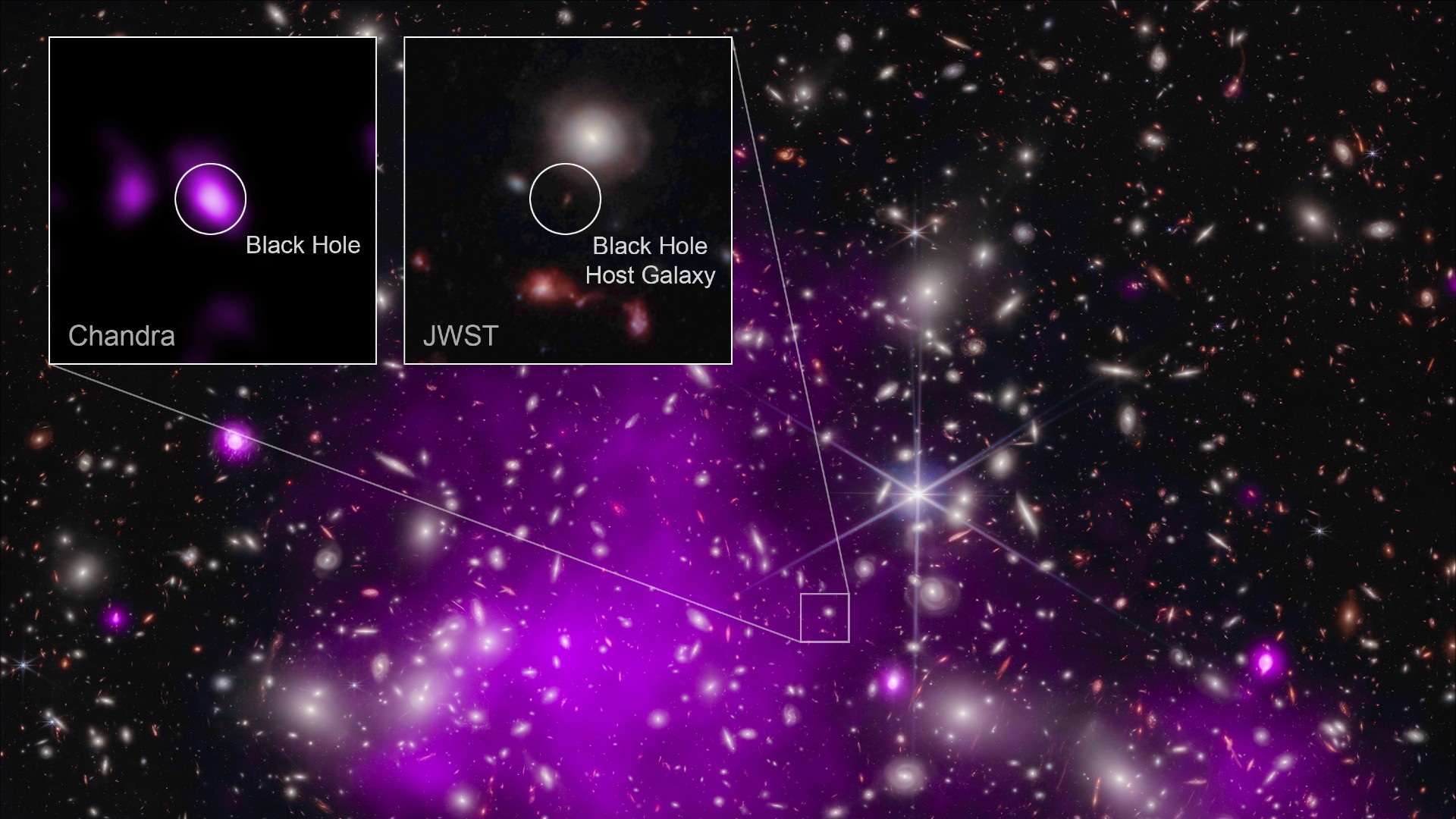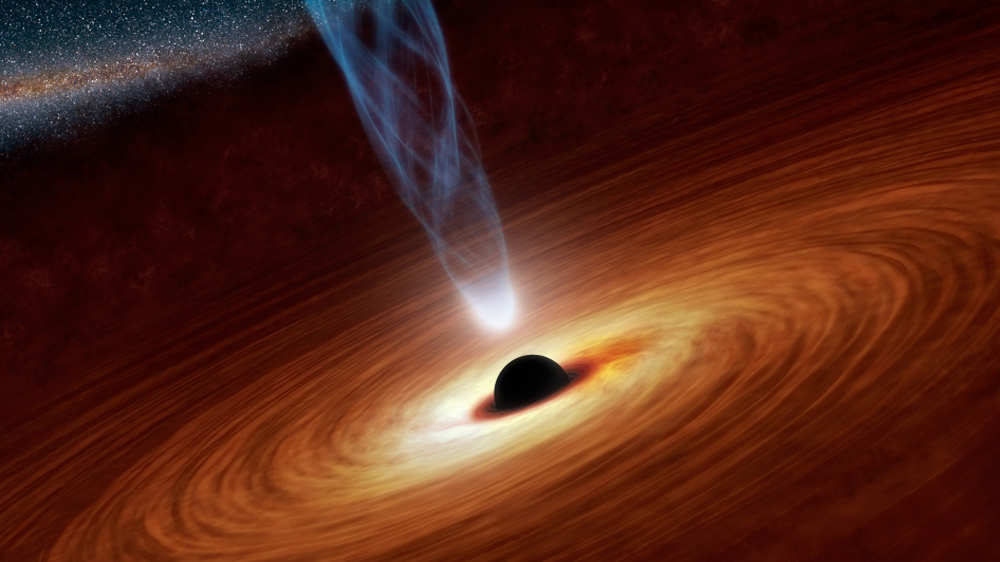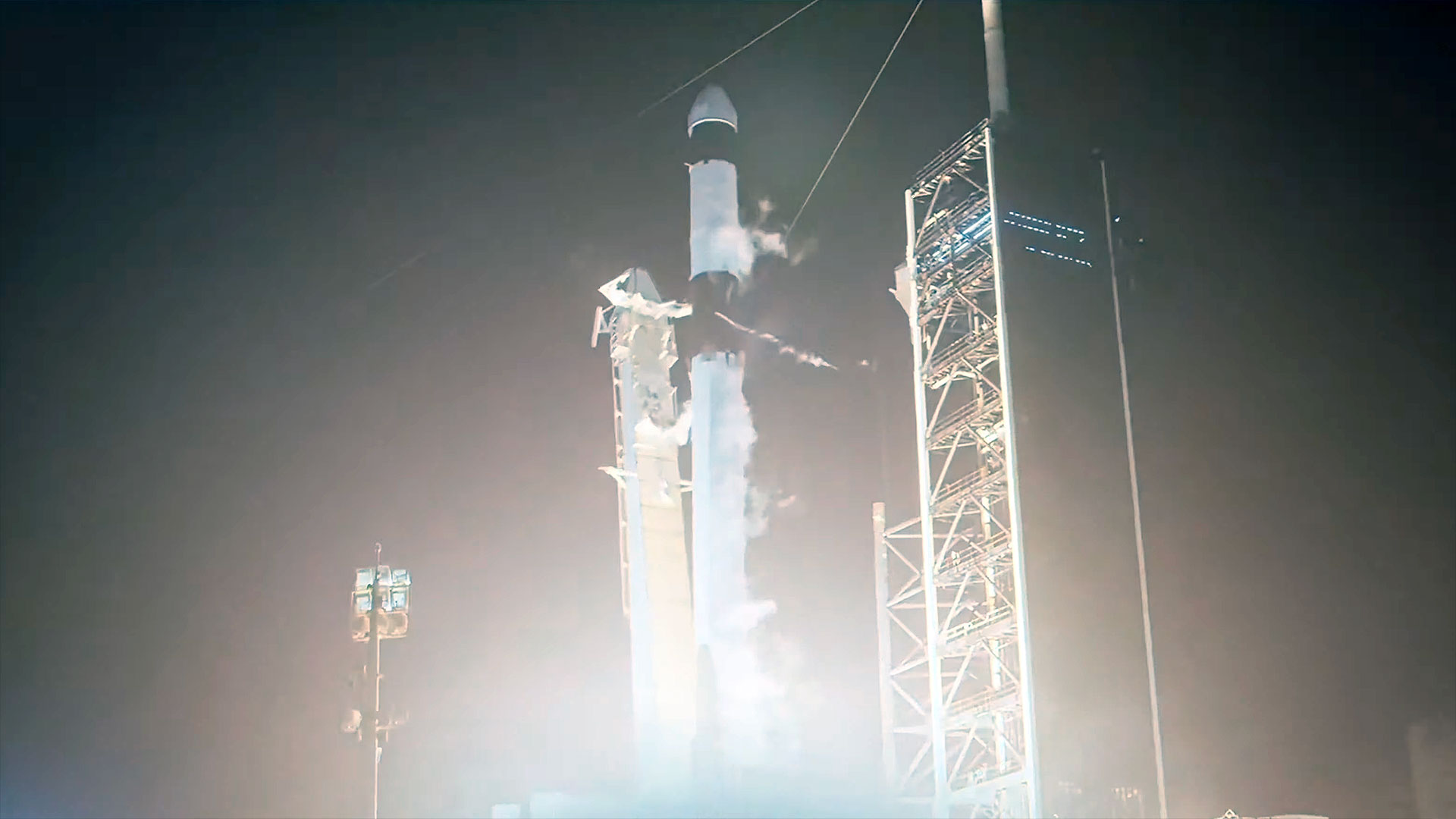El Niño is officially here, scientists say
"El Niño could lead to new records for temperatures, particularly in areas that already experience above-average temperatures during El Niño."
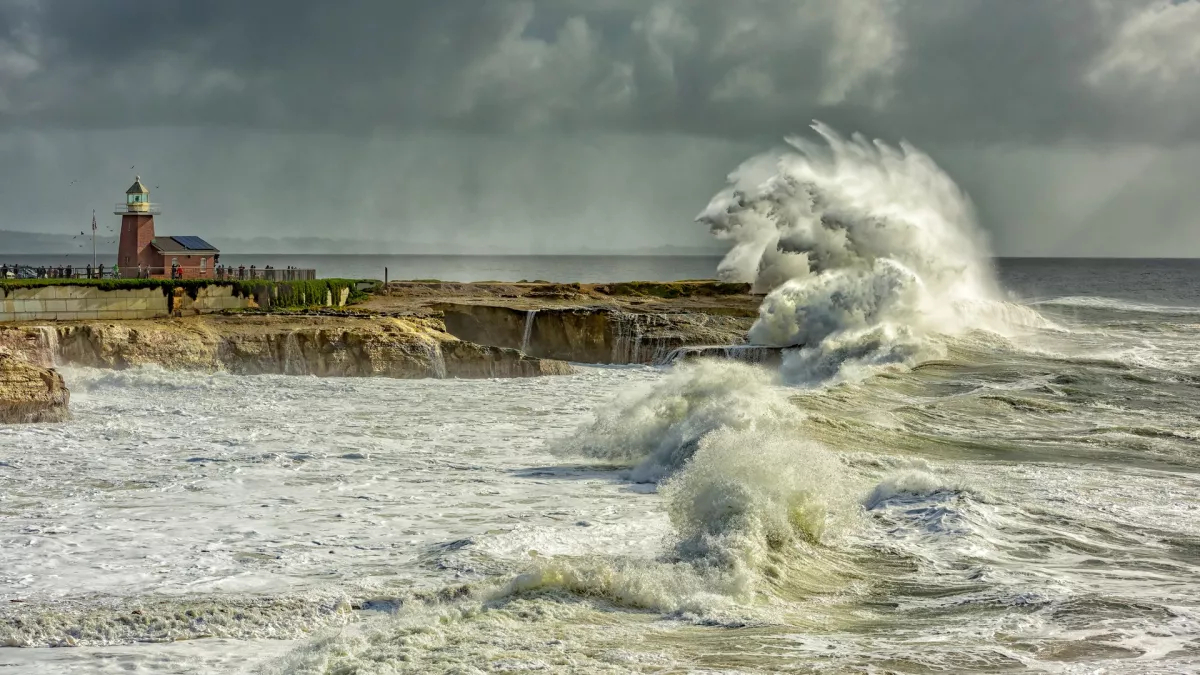
After months of anticipation, the ocean-warming event known as El Niño is officially here and could last until 2024, scientists at the National Oceanic and Atmospheric Administration (NOAA) announced this month.
El Niño events usually occur every two to seven years and are characterized by warmer-than-average sea surface temperatures around the equator in the central and eastern Pacific Ocean. But these events can be felt globally.
"Depending on its strength, El Niño can cause a range of impacts, such as increasing the risk of heavy rainfall and droughts in certain locations around the world," Michelle L'Heureux, a physical scientist at NOAA's Climate Prediction Center, said in a June 8 statement. "El Niño could lead to new records for temperatures, particularly in areas that already experience above-average temperatures during El Niño."
Experts have suspected an El Niño this year for some time. A NASA satellite spotted an early sign of El Niño forming in March and April: warm water in the Pacific Ocean moving eastward toward the west coast of South America.
Related: The surface of the ocean is now so hot, it's broken every record since satellite measurements began
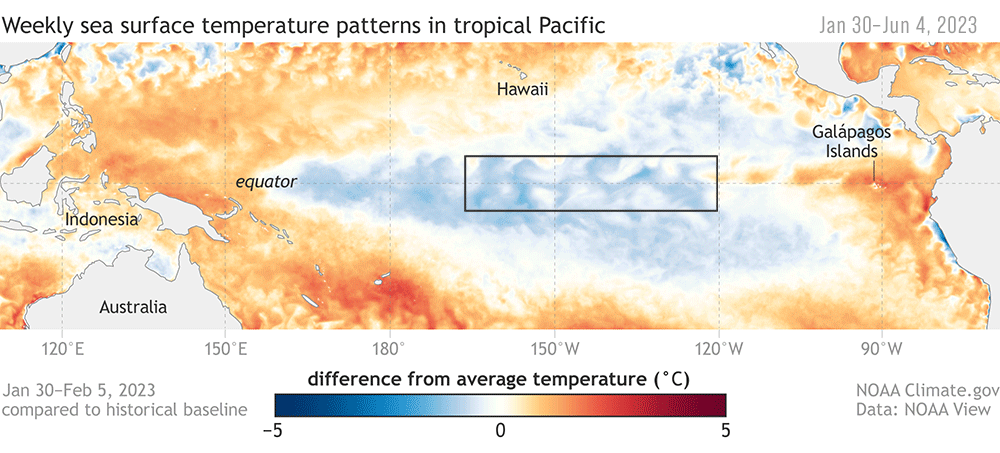
The last El Niño event occurred between February and August 2019, but its impacts were relatively weak.
Average air temperatures tend to be higher in El Niño years than in other years, with far-reaching consequences for global weather patterns. This is compounded by the effects of climate change, which can exacerbate or mitigate certain effects of El Niño, L'Heureux said.
Get the Space.com Newsletter
Breaking space news, the latest updates on rocket launches, skywatching events and more!
The advent of El Niño this year could help push global temperatures into uncharted territory and contribute to global warming crossing the 1.5-degree-Celsius (1.7 degrees Fahrenheit) threshold within the next five years, which would lead to catastrophic and irreversible climate breakdown.
Join our Space Forums to keep talking space on the latest missions, night sky and more! And if you have a news tip, correction or comment, let us know at: community@space.com.

Sascha is a U.K.-based trainee staff writer at Live Science. She holds a bachelor’s degree in biology from the University of Southampton in England and a master’s degree in science communication from Imperial College London. Her work has appeared in The Guardian and the health website Zoe. Besides writing, she enjoys playing tennis, bread-making and browsing second-hand shops for hidden gems.

